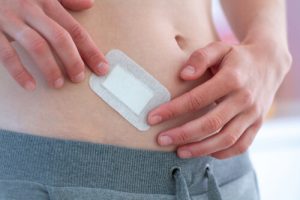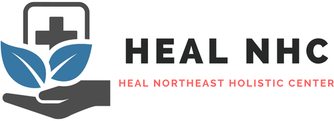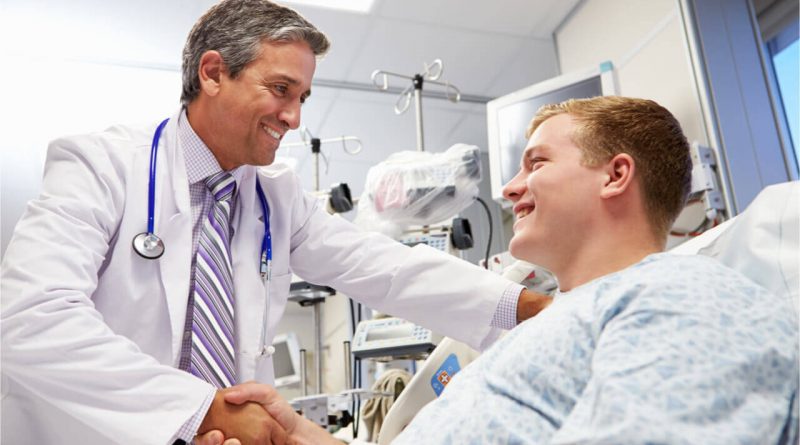8 Dos and Don’ts On After Surgery Care (Tips To Heal Quickly)
After surgery care requires dedication from the patient to keep the wound closed. Surgical procedures have various processes that can demand a longer time of recoveries, such as augmentation and facial lift. A post surgery care after a breast augmentation for example requires women to avoid strenuous activities. Upper body movement has limitations, so it may be best to take a week off work. On the other hand, make sure that you’re following the proper instructions that your surgeon suggests. Health care services are available at a hospital or home after your discharge. If you’re a careful person about after surgery care, you can heal quicker than most individuals.
Preparation For Your Surgery
Surgery is a challenging event in a person’s life. In a risky surgical procedure, it is crucial not to forget to prepare beforehand. Apart from having health insurance coverage, gather information about the hospital or clinic that performs the surgery. The patient will need a checkup for their overall health condition. A doctor or nurse may advise patients to stop drinking or eating for a few hours.
Moreover, you will get consultation for your anesthesia, previous sedatives experience, and history of stroke or heart disease. You may know more information about your presurgical requirements by scheduling an appointment with your surgeon first.
What To Expect After Surgery
A successful surgical procedure will take at least two to three days of staying at a hospital before getting discharged. Depending on the intensity of the surgery, you may also expect to have an after – surgery care in your hospital room. It may give the patient confidence if a family member can their help home care by assisting with their after surgery care needs.
Yet, symptoms of pain are common during postoperative care. Expect that you will take prescription medications, limitations on your activities, and take weeks or even a month of resting at home.
Everyday Experiences During Postoperative Care
You may notice some of these post recovery concerns during your recovery period. Don’t be anxious about some of these items. Yet, ask questions your certified doctor about these common experiences.

- Pain
- Anesthesia side effects
- Nausea and vomiting
- Fatigue and weakness
- Difficulty taking a bath
- Eat Less Frequent Meals
- Depression Or Anxiety
After Surgery Care: Dos And Don’ts
Home care for your after surgery care will be easy once you know the dos and don’ts after a treatment. Remarkably, people with eyes, nose, heart, breast, or fat removal surgery have the most prolonged period of rest. Recovery from some surgeries can take at least a month to fully close and heal. A person caring for a post operative cataract surgery takes several days to finish. But a cosmetic replacement operation aftercare follows more than one day of recovery.
Here are some tips to help you heal quickly once you’re on after surgery care.
Dos
- Keep Your Incision Dry
Don’t forget to cover your wound when taking a bath. A wet injury may cause swelling, redness, and bacterial infection minutes after the exposure. For example, a cut that removed a pacemaker’s covering after a medical surgery must have a replacement. Ensure that the gauze is sterilized, and the wound area is clean before replacing the cover.
- Diet Plans During After Surgery Care
Patients may want to eat more fruits and vegetables that promote quick healing. Antioxidants, healthy fatty oils, and vegetables with vitamins and nutrients are best on after surgery care. However, it may be best to consult your doctor on a balanced diet plan to prevent complications like malnourishment or constipation.
- Avoid Movements On The Surgery Area
Damaging your stitches and sutures can be dangerous. Any sudden movements on the incision site may open your wound unexpectedly.
- Take OTC Pain Medications

Pain is common during the healing process. Hence, you may have to take over-the-counter pain relief to decrease the painful experience. Be careful in choosing your medicines. The safest pain relief drugs to take after surgery are non-opioids and analgesics. Yet, if you have cancer, diabetes, or other health conditions that limit what medicines you should take regularly.
Don’ts
- Avoid Going Out Without Covering Your Wound
Are you going out for a stroll or light exercise? Don’t forget to cover your wound from the sun or other harmful free radicals. Replace your used coverings with clean gauze to prevent sepsis shock. Also, don’t just replace your coverings with any material as it may further cause abrasion.
- Don’t Neglect A Wound That Bleeds
A sign of a bleeding wound can lead to infections, mainly if a patient doesn’t replace their gauze or cloth often. According to experts, severe blood loss may be a cause of internal organ failure. Moreover, bleeding can lead to fatal consequences or death. Hence, if you don’t see any signs of stopping, go to an emergency health care center or a hospital near you. Don’t forget to inform your doctor about previous activities or food you ate to help the diagnosis.
- Prevent Lifting Heavy Objects Or Bending
Like the previous problem, postoperative care requires a person not to do activities that can open their stitches and sutures. But, you may still exercise lightly, such as doing aerobic activities. Some examples that don’t require bending are stretching of arms, walking around the house, or leg raises. Yet, you may ask which physical activities may also increase the risk of an open wound complication.
- Don’t Skip Your Doctor’s Appointment

The best advice that we can recommend for your after surgery care is not to skip a visit to your doctor. A Refine Clinic surgeon in Bondi Junction may give you instructions, but a general doctor can suffice with latter decisions. Among these pieces of advice include pain management, prescription medicine, and what to eat during the healing process. Moreover, don’t forget to go to a hospital or emergency health services for any severe pain symptoms or profusely bleeding wounds.
What To Do If There Are Abnormal Symptoms
Complications of post operative care may still happen despite careful following of instructions from a doctor. A scar on your skin may already be an early sign that your wound is healing correctly. But, ensure that your recovery is expected as any abnormal symptoms may be a cause of an underlying health condition.
If you see symptoms of pus or infection on the site, sutures not closing, bleeding, vision loss, or other abnormal signs, go to your doctor right away. Don’t wait for your wounds to become severe.

